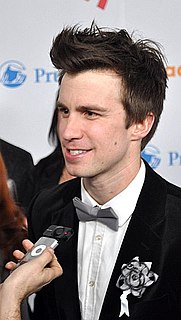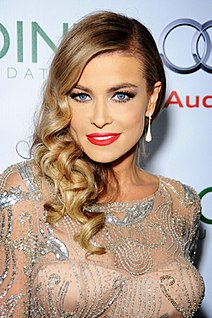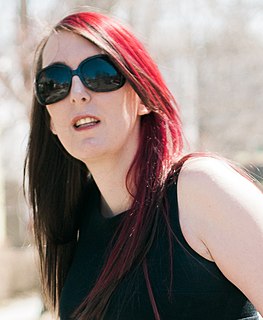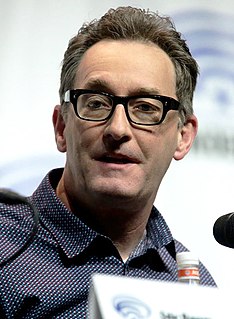A Quote by Gillian Armstrong
Related Quotes
I was really proud to be in that show. I will never forget. I got the script to 'Millie,' and I'm flipping through the script and saying, 'Boy, I have some lines... I have a big song.' I was 25 years old and had never been on Broadway before. I got to the end of the script, and I was really nervous and excited. I realized I had a lot to do.
All directors make films in individual ways. But the classical kind of view of filmmaking is that you have a script, and it's very linear. There's a script, then you're going to shoot the script ,and then you cut that, and then that's the end of the film. And that's never really been how I've seen it.
We see only the script and not the paper on which the script is written. The paper is there, whether the script is on it or not. To those who look upon the script as real, you have to say that it is unreal - an illusion - since it rests upon the paper. The wise person looks upon both paper and script as one.
If I'm a director and I read a script and I say yeah I really want to do this, I would never walk away because the deal wasn't very good - that I wasn't getting paid very much or that the chances that I would see anything on the back end were remote because of the financial waterfall and the way it's structured. I would never use that as a reason not to do something.
I'm quite curious and excited about seeing a new script for 'Blade Runner.' If, in fact, the opportunity would exist to do another, if it's a good script, I would be very anxious to work with Ridley Scott again; he's a very talented and passionate filmmaker. And I think it would be very interesting to revisit the character.





































